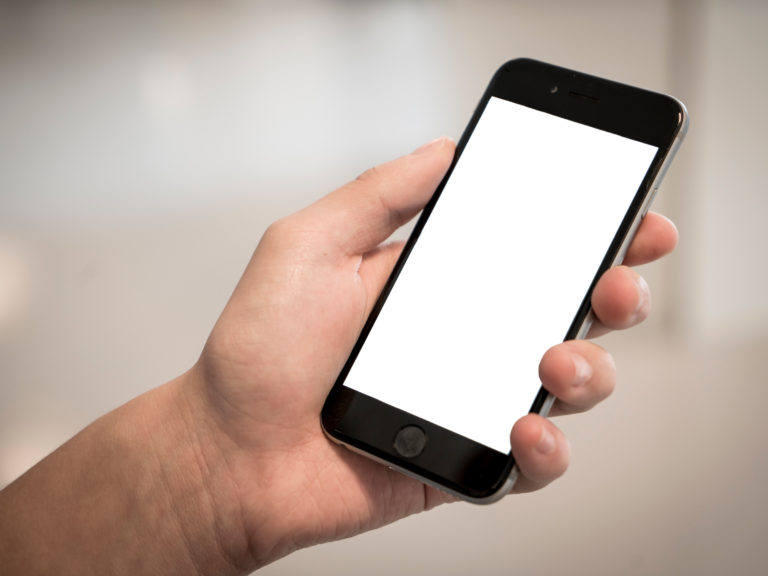Choosing Apps for Mental Health
December 13, 2017
By Seed Psychology in Anxiety, Mindfulness, Resources, Self-care, Stress, Technology

Searching for “depression,” “anxiety,” or “mental health” on your phone’s app store returns thousands of options. While some apps can be genuinely helpful, there are also many that are badly made, provide very limited functionality, or use dubious, non-evidence-based techniques.
Mental health apps are not replacements for professional support. However, they can be used as self-guided tools for some mood and anxiety problems. In recommending or choosing a mental health app, a few important things should be kept in mind:
1. Does it use evidence-based techniques?
Most of the literature on digital mental health interventions supports the use of those based on Cognitive Behavioural Therapy (CBT) or associated therapies (e.g. mindfulness, acceptance and commitment therapy (ACT)).
2. Can the app be used in real time, in the middle of distress?
A big advantage of apps is their ability to be used across many environments and contexts. This allows learning of strategies in-vivo, while coping with distress.
3. Does the app work well and is it nice to use?
Finding an app that is both easy and pleasant to use is very important for engagement and positive outcomes.
Here are a few good apps to try out:
- MoodMission – CBT-based strategies for dealing with low moods and anxiety
- Pacifica – a suite of tools for anxiety and stress
- ReachOut WorryTime – coaches users through the CBT strategy of allocated “worry time” for generalised anxiety
- beyondblue’s BeyondNow – enables users to create a suicide prevention plan





